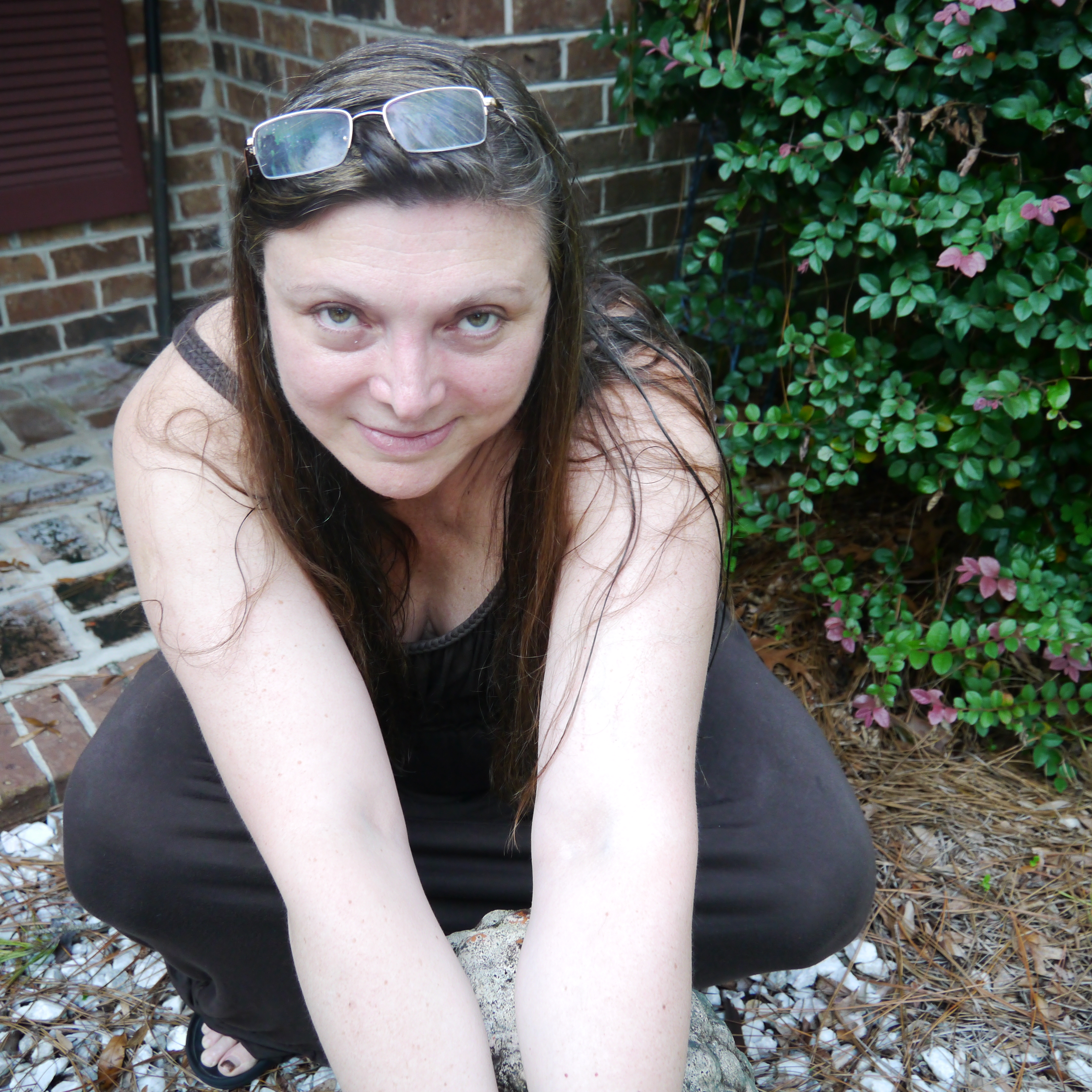Whether I’m reading poetry or fiction, I’m always looking for beautiful sentences, the kinds that make the hair on my arms stand up at their deftness, their grace. Take these three examples:
For a moment she stared at the darkness as though it were the surface of a pond into which someone she loved had disappeared, head to heels.
— Elizabeth Knox, The Vintner’s Luck
The simile in this sentence is apt enough: darkness figured as the surface of a pond, but it’s the last three little words that make it beautiful. How else would someone dive? And diving is a considered, deliberate act, so the darkness becomes almost willfully mysterious.
From half a block away I could see the kale in the grocer’s bin, crumbles of ice shining the dark leaves.
— Grace Paley, from “Love” in Later the Same Day
Deceptively simple, but the diction is so precise. The ice is not shining “in” the dark leaves, or “on” them.
Soon I was almost within the pleasure of his serious demeanor.
— Michael Ondaatje, Divisadero
What a description of being pulled into someone’s orbit! Not simply to relate to someone, but to be “within” them somehow.
Or, consider this example of a longer sentence explained by Adam Haslett:
Take the first sentence of David Foster Wallace’s story, “The Depressed Person”: “The depressed person was in terrible and unceasing emotional pain, and the impossibility of sharing or articulating this pain was itself a component of the pain and a contributing factor in its essential horror.” By mixing heightened feeling and unrelenting repetition (“pain,” “pain,” “pain”) with a Latinate, clinically declarative voice (“component,” “contributing factor”), Wallace delivers his readers right where he wants them: inside the hellish disconnect between psychic pain and the modern means of describing it. The rhythm of the sentence is perfectly matched to its positive content. Indeed, from a writer’s point of view the two aren’t separate. If we could separate meaning from sound, we’d read plot summaries rather than novels.
While some metaphors might simply come to us fully formed, from somewhere in the deep well of our subconscious, or as gifts from the gods, we can certainly try to learn to be more conscious of the more subtle choices we make when constructing and revising on the sentence level.
Prompt:
Choose a sentence from a story you are working on that you want to make more beautiful. Consider whether you’ve chosen the most interesting or exact metaphor, the crispest adjectives. Think about the relationship between the sentence’s form and its content. How many words you can cut out without changing the meaning of the sentence? Is the sentence a single clear, self-contained clause, or could it extend itself, unspooling on the page like a long, shiny ribbon?




